
The temperament of a puppy is based largely on his genetics. There is very little owners can do to change a pup's innate nature. However, the puppy's personality can be shaped over time by the experiences he has with those around him. If he has positive experiences during his first year, he is more likely to become a friendly adult dog. Conversely, if he is abused, attacked, or otherwise mistreated, he may develop character traits that become problematic for his owner. Preventing this latter situation is the focus of socialization training.
This article will explore the issue of socializing puppies with the goal of molding them into friendly adult canines. We'll describe the purpose of doing so, and provide a few suggestions for making the task as easy as possible.
Understanding The Purpose Of Socialization Training
It is important to start as early as possible. This is the period during which your puppy is most impressionable. The experiences he has now - both positive and negative - will play a larger role in his development than at any other time in his life.
The purpose of socialization is to help your pet become comfortable around other animals and people. Meeting other dogs is helpful, but so, too, is encountering cats, squirrels, and birds. Your pup should also have a chance to meet different types of people, including men and women, all ethnicities, and both young and old. If he learns to accept them while he is young, he will be friendly near them down the road. This makes him a better companion. The key to socializing your puppy is managing his exposure so every encounter offers a positive experience.
Introducing Your Pet To Other Animals
During their first several weeks, puppies spend their time socializing with their mothers and littermates. The littermates play together, and offer feedback to one another that helps them identify boundaries. For example, if a puppy bites another too hard, a high-pitched yelp lets him know he has crossed the line. This is the way puppies learn. By the time they are adopted into their new homes, they have already formed basic social skills. But they need practice to keep their skills sharp, and develop them further. They need exposure to other animals.
One way for owners to provide this exposure is to enroll their puppies into professional training classes. These classes are designed to give pups a chance to meet other dogs and people (as opposed to teaching them to respond to commands). They'll have an opportunity to interact with others in a controlled, friendly environment, which helps ensure a positive experience.
Another idea is to plan play dates with other owners. Here, too, your pup will have a chance to interact with one or more animals that are unfamiliar to him. By enjoying positive encounters, he will learn to trust others, even if they are strangers.
Introducing Your Pet To People
A responsible breeder will take great care in exposing puppies to people early in their lives. He will allow people to observe them during their first few weeks to help acclimate the puppies to their presence. He'll encourage people to gently handle them so the pups will relate to humans on a tactile level.
After bringing your puppy home, it is important to provide continued exposure to people as part of his ongoing socialization training. The classes mentioned earlier are helpful. Also, invite friends and their kids to visit your home to interact with your puppy. This gives your pet a chance to meet a variety of people from different age groups. Take care, however, not to overwhelm him with exposure to too many strangers at once.
During your pup's first year, give him as many opportunities as possible to make friends with other animals and people. After a few months, start taking him to public places. Doing so will increase his confidence, and further build his level of comfort around others.
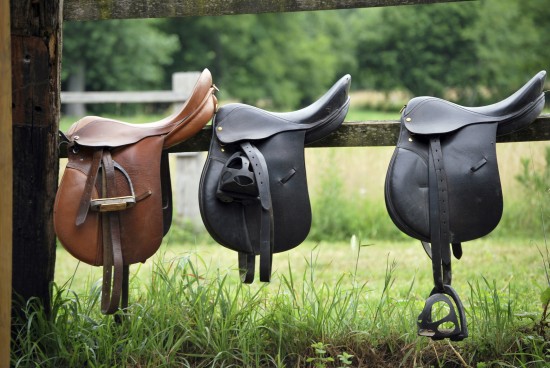 Understanding The Horse Saddle
Understanding The
Understanding The Horse Saddle
Understanding The
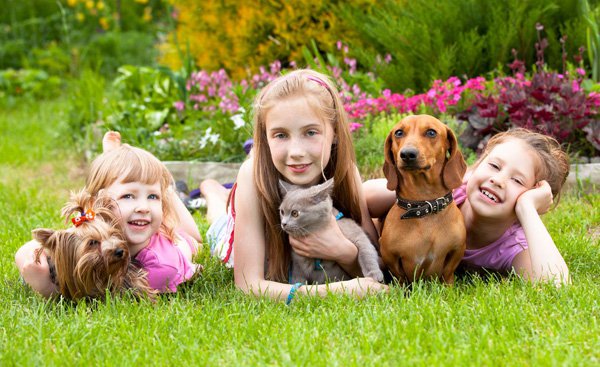 How to find BC German Shepherds for sale online?
How to find BC German Shepherds for sale online?
How to find BC German Shepherds for sale online?
How to find BC German Shepherds for sale online?
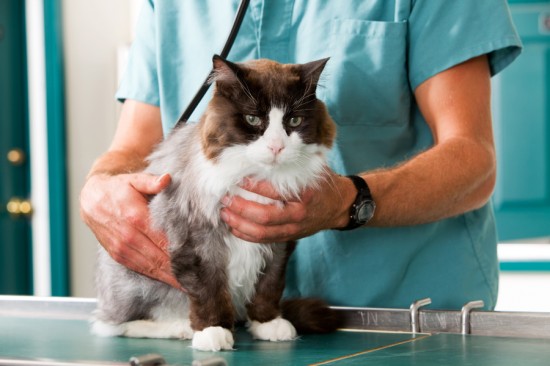 Getting The Most Out Of Your Vet Visits
Getting The Most
Getting The Most Out Of Your Vet Visits
Getting The Most
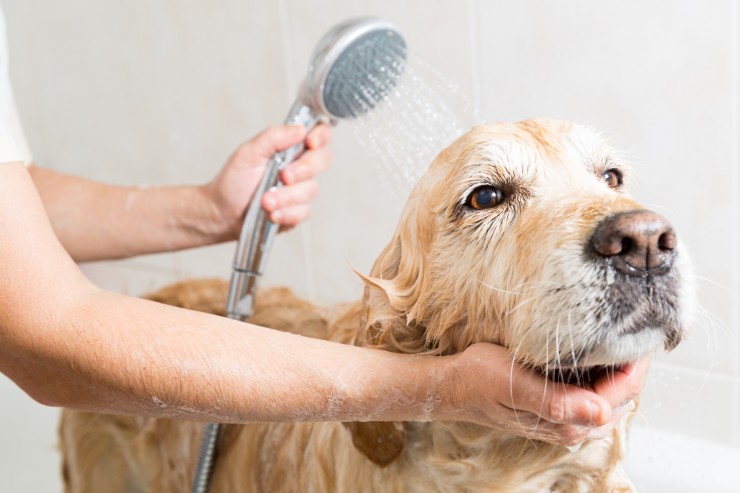 The 3 Grooming Stages From Puppy To Senior Dog
The 3 Grooming St
The 3 Grooming Stages From Puppy To Senior Dog
The 3 Grooming St
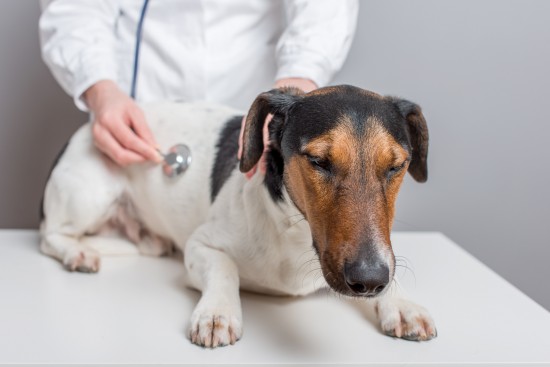 How To Deal With Dog Poisoning Emergencies Over Christmas
How To Deal With
How To Deal With Dog Poisoning Emergencies Over Christmas
How To Deal With
Copyright © 2005-2016 Pet Information All Rights Reserved
Contact us: www162date@outlook.com